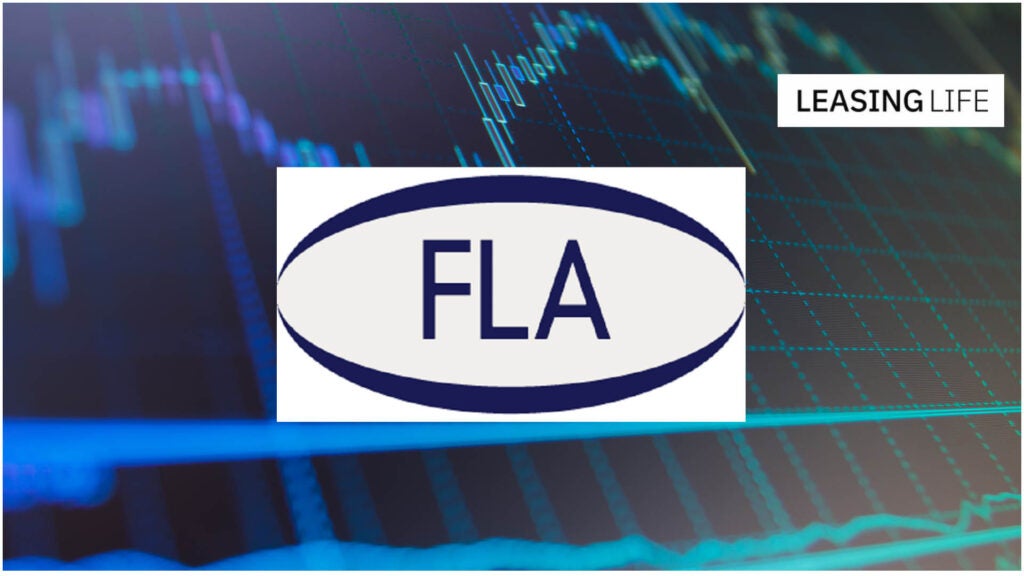Business groups have written a letter to Chancellor Sajid Javid expressing concerns over plans to prioritise repayments to HMRC over other creditors in insolvencies.
Under legislation included in the draft Finance Bill, the UK government is planning that, from 6 April 2020, certain tax debts owed by an insolvent company – including VAT, PAYE, and employee NICs – will be repaid to HMRC in priority to debts owed to floating charge holders and unsecured creditors, including a company’s pension scheme and its suppliers.
Currently, HMRC is repaid alongside other unsecured creditors. The change was announced at the 2018 Budget.
Signatories to the letter claim that the proposals will make it harder to rescue businesses, will limit access to finance throughout the economy, will increase the impact of insolvencies on other businesses, and may even undermine government tax receipts.
The letter has been signed by representatives including R3, the insolvency and restructuring trade association, the Alternative Credit Council, the Association of Chartered Certified Accountants, and the British Private Equity and Venture Capital Association.
An excerpt from the letter reads: “While we understand that the Government wishes to increase the value of taxes repaid in the event of insolvency, there is a serious risk that the wider costs of the Government’s approach will outweigh any expected benefit.”
How well do you really know your competitors?
Access the most comprehensive Company Profiles on the market, powered by GlobalData. Save hours of research. Gain competitive edge.

Thank you!
Your download email will arrive shortly
Not ready to buy yet? Download a free sample
We are confident about the unique quality of our Company Profiles. However, we want you to make the most beneficial decision for your business, so we offer a free sample that you can download by submitting the below form
By GlobalData“This proposed policy would reverse successive governments’ attempts to encourage a culture of business rescue in the UK, and would undermine the Government’s recent work to strengthen the UK’s insolvency and restructuring framework. The proposal may have a significant and negative impact on access to finance in the UK, and will increase the impact of corporate insolvencies on pension schemes, trade creditors, consumers, and the wider business community.”
Government projections claim the move, alongside other changes, could raise £195m (€220m) a year in tax income, but the business groups are warning this sum could be less than the amount that will be lost in taxes from businesses which can no longer be rescued, and as a result of restricted access to finance throughout the economy.
Duncan Swift, president of R3, said: “The Government has not properly considered the wider impact its proposals will have, and the costs to the economy of proceeding. Floating charge funding, where money is lent against a changing asset like stock, is one area that is expected to be hardest hit by the proposals.
“Floating charge lenders will be less likely to see their money back if a business becomes insolvent under these proposals because a huge chunk of any insolvency repayments will now go to HMRC.”
The group letter stated: “At the very least, the Government must take steps to limit the worst side effects of its policy, including capping the age of tax debts eligible for a preferential claim, or allowing existing floating charges to retain their precedence over HMRC’s new claim.
“The Government should also consider alternatives to its proposed policy: proactive, consistent and commercially-minded engagement from HMRC in insolvency and restructuring situations would improve the repayment of tax debts and would benefit other creditors, too.”
Philip King, chief executive of the Chartered Institute of Credit Management, said: “The Treasury’s desire to boost its own revenue is at risk of causing an unintentional domino effect which will hit businesses and the economy. What’s proposed will have serious consequences for trade creditors who are at risk of suffering more bad debts, late payment and insolvencies in their supply chains.”
Earlier this month some of the financial services industry’s leading figures warned Javid that the majority of UK SMEs remain largely unprepared for a no-deal Brexit.







